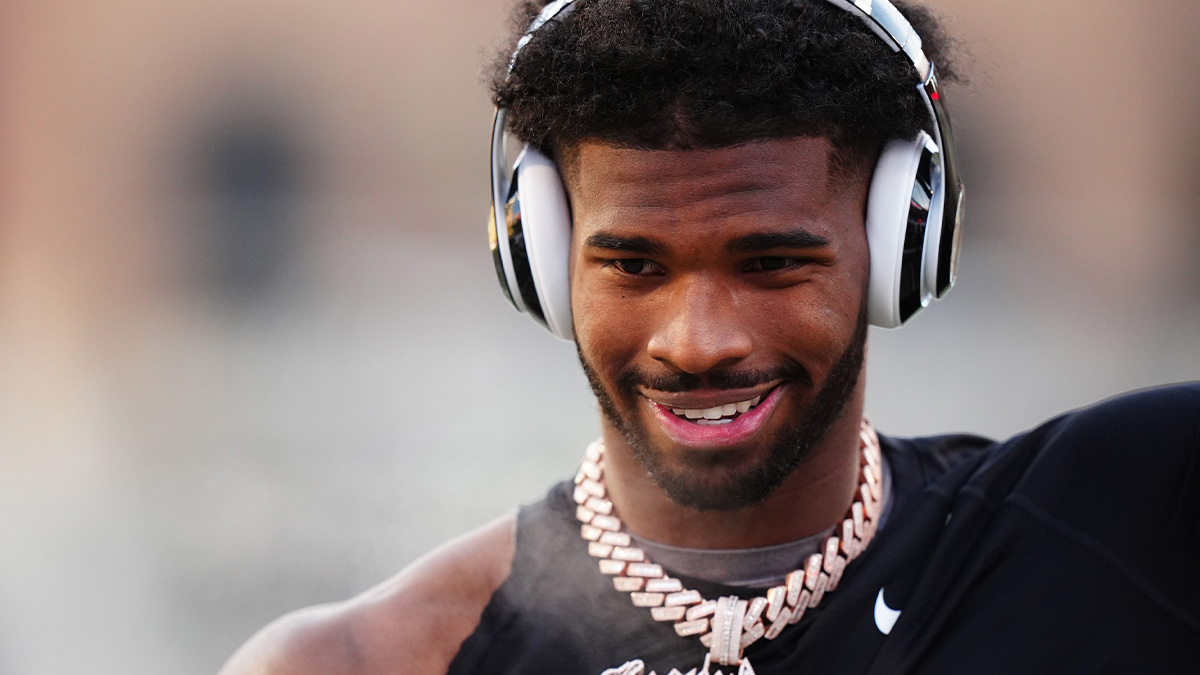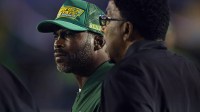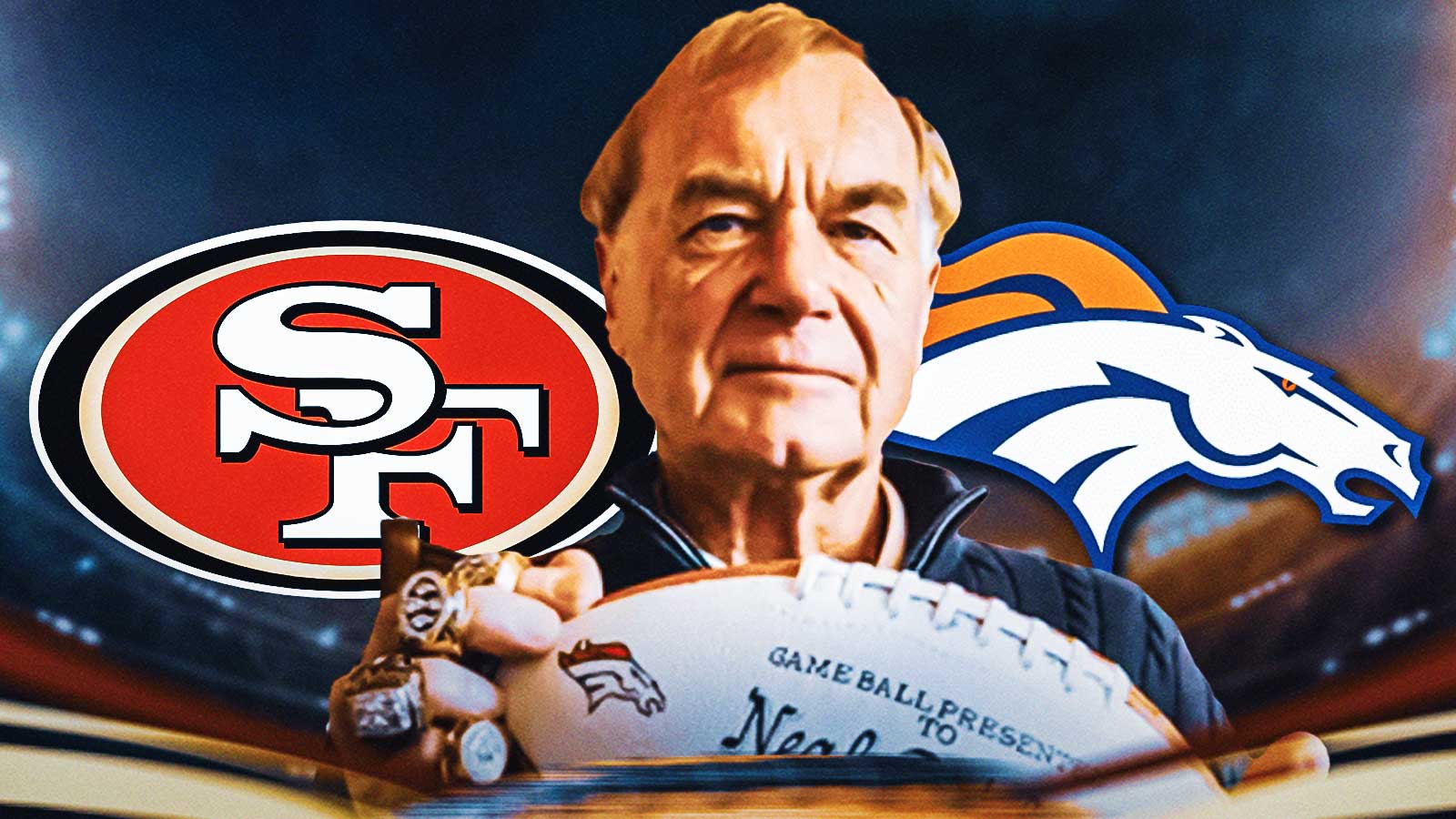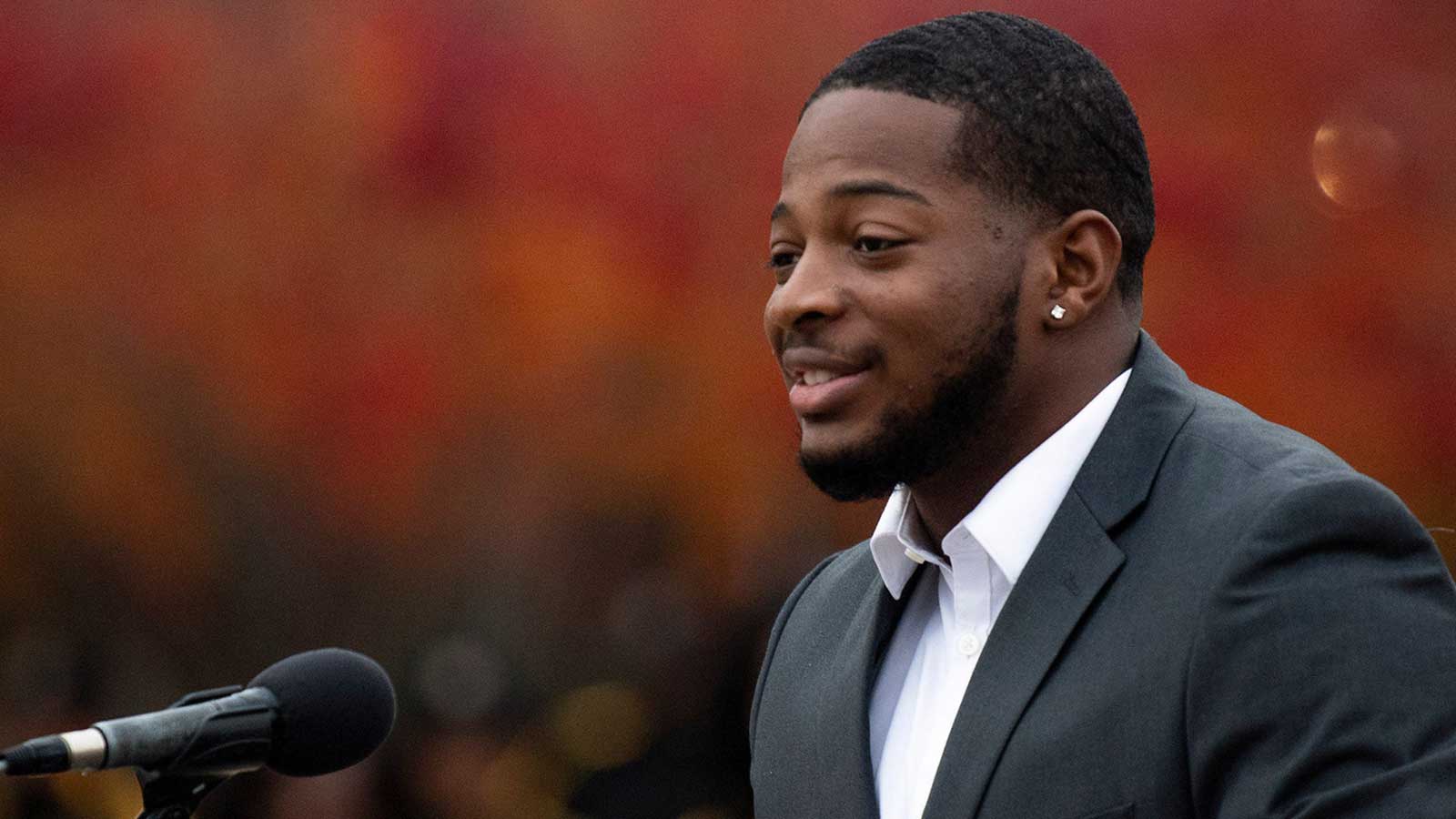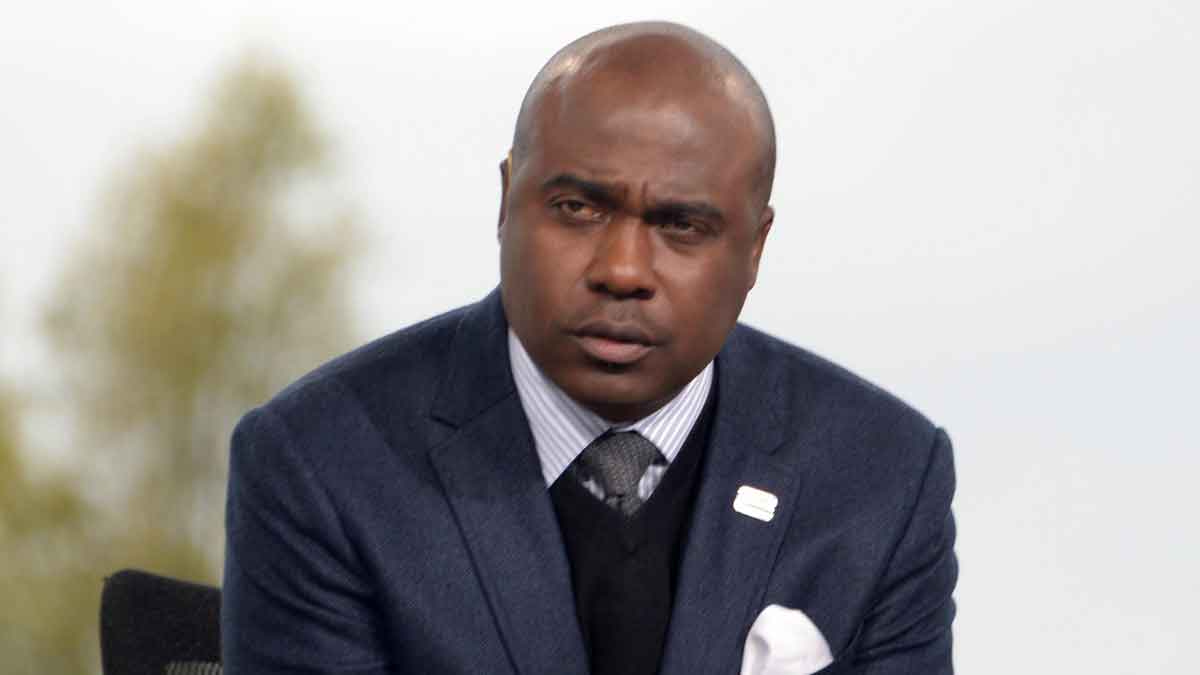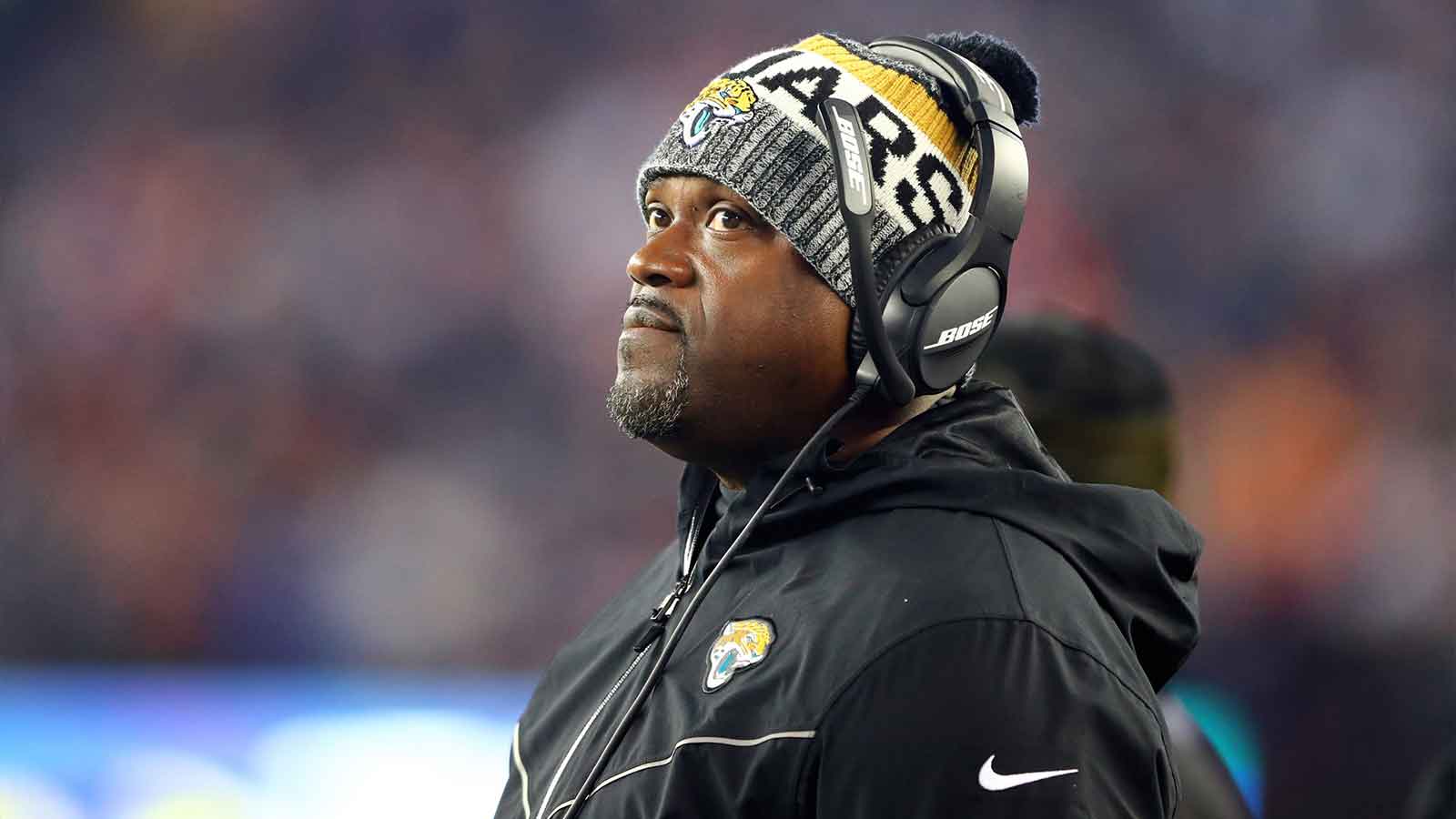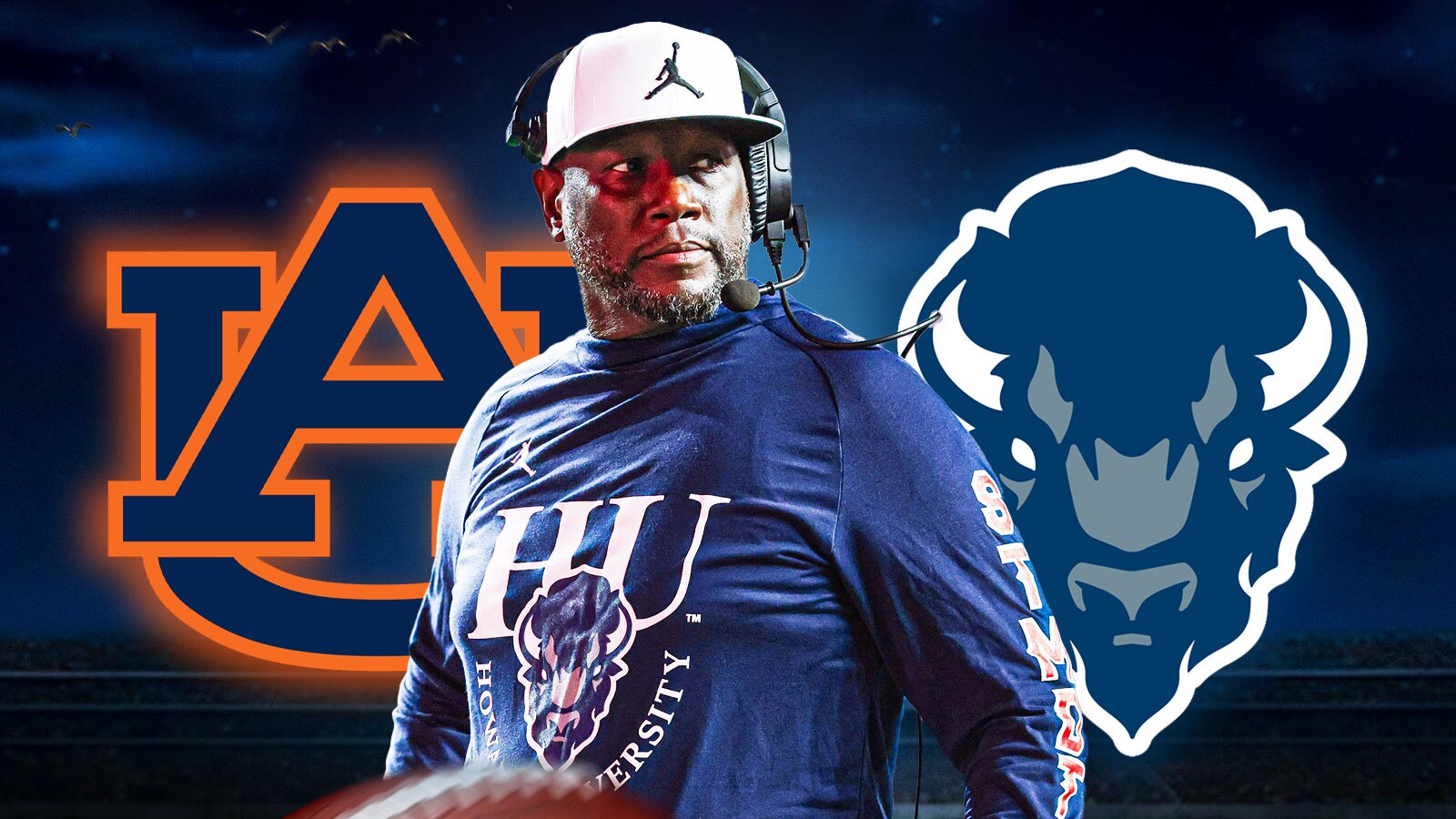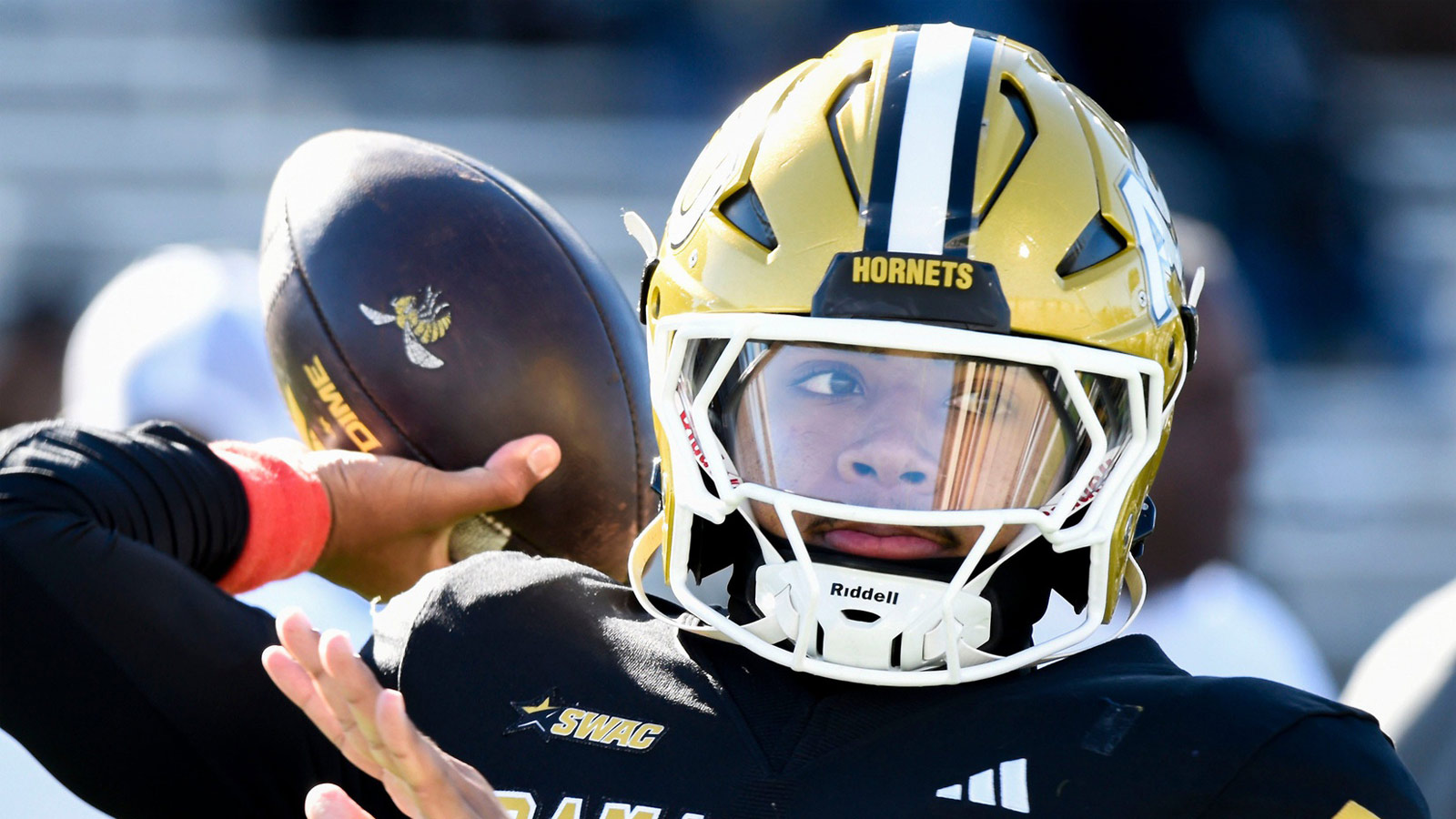After a long wait, former Jackson State and Colorado star Shedeur Sanders received his invitation to the NFL. The Browns drafted Sanders with the 144th pick in the fifth round of the NFL Draft, a far cry from where many believed he would be selected. Although he undoubtedly had a “draft slide”, he ended up right where he should’ve been.
While the Browns are in a rebuild phase, they have key pieces on both offense and defense to contend for a playoff spot. With Deshaun Watson’s future uncertain following his ruptured right Achilles tendon, Sanders could step in as their quarterback of the future and carve out his own chapter in the Sanders legacy.
But it won’t be easy. Outside of the question mark surrounding Watson’s future, he’ll have to contend against former Oregon quarterback and Heisman Trophy finalist Dillon Gabriel as well as veterans Joe Flacco and Kenny Pickett. The QB1 spot nor Sander’s success with the team is certain, but isn’t that already understood?
That’s why the behavior and tone of the Cleveland Browns brass, specifically general manager Andrew Berry, struck many as odd. A snippet of Sanders’s conversation with Berry when he found out he was drafted was posted to the Browns' social media.
“Hey, listen, you gotta come in, you gotta work hard, you gotta earn your job, earn your keep. Let’s get ready to go to work.”
The sentiment of these comments would be understood if it was said to Sanders as well as the new draftees, especially with an organization that says they wanted to “add competition to every position room.”
“It wasn’t necessarily the plan going into the weekend to draft two quarterbacks. But as we talked about, we do believe in the best player available. We do believe in positional value. We didn’t necessarily expect him to be available in the fifth round and so we love adding competition to every position room and compete with guys that are already in there.”
Any sports fan can embrace the spirit of competition and the understanding that Sanders will have to “earn his keep” to get to the top of the depth chart. But, as NBC Sports’ Natalie Esquire expertly pointed out in the hours following Sanders’s selection, their reaction and comments to him seemed off compared to the other players that they drafted, specifically Dillon Gabriel.
“It’s not about position. The calls to all the other draft picks had a different tone,” Esquire said in response to the Browns posting the video of Berry and Browns head coach Kevin Stefanski’s comments to Dillon Gabriel.
“We can’t wait to get going with you. You impressed us throughout the whole process, Dillon, and we’re really looking forward to making you a Cleveland Brown with this pick,” Berry said to Gabriel before his third-round selection on Thursday.
The tone of Berry’s call with Sanders relative to his call with Gabriel as well as his comments about the plan not originally being to draft two quarterbacks, should be evidence enough that there had to be an initial resistance to selecting Sanders. Clearly, they believed that Gabriel was a better quarterback than Sanders, and he fit the metrics of what they were looking for.
But even more than that, it’s clear that on-the-field issues aren’t why Sanders slid down the draft while also getting the message from his new team to “work hard” and “earn your keep”. The Browns looked to guard themselves against the perception of entitlement and dubious “daddy ball” claims that plagued Sanders' entire draft process.
Telling Sanders, a player who competed at the highest levels of football in both the FCS and FBS, that he needs to “work hard” and “earn his keep” after being selected in the fifth draft round is odd at best and patronizing at worst. You can believe what you want about Deion Sanders and his brash approach to the draft process or even some of Sanders’s comments and moves leading into the draft proceedings. Still, nothing in Shedeur Sanders’s college career shows you that he has a sense of entitlement and doesn’t work hard.
Shedeur Sanders's work ethic deserves more credit
I believe Shedeur Sanders has an exceptional work ethic given the high level of football he's played over the past four years and it is implied that your spot isn’t automatically guaranteed. If you don’t prepare, if you don’t work out appropriately, and if you don’t push yourself, you’re not going to secure that starting position. You also have to work to continue to maintain that position.
If Shedeur isn’t performing, Deion would have no choice but to sit him. Football is cutthroat, and winning justifies all decisions. Shedeur, as talented as he is, isn’t physically imposing. He’s a smaller-framed quarterback whose standout qualities are not athleticism, but rather his football IQ, decision-making ability, and accuracy. He doesn’t just manage a 70% completion rate by chance—that comes from consistent preparation, studying film, and immersing himself in the game.
It’s important to separate Shedeur’s performance from the Deion Sanders narrative. At Jackson State, Shedeur proved he works hard, and when he transferred to Colorado, he continued to demonstrate his determination. Yet, during the draft process, the Cleveland Browns seemed to treat him differently, implying he had to “earn his spot” more explicitly than other players. Why reserve that message for Shedeur? Why not tell all players, including those drafted in later rounds, that nothing is guaranteed?
If we compare Shedeur to his brother, Shilo Sanders, we see a distinction. Shilo, who plays defense as a safety, does not receive the same scrutiny or carry the same pressure, largely because he hasn’t achieved the same level of success in his role as Shedeur has as a quarterback. Shedeur is simply a better player at his position, making it impossible to ignore his potential.
Even in the conversation of nepotism and Deion Sanders providing Shedeur with opportunities to be successful, Shedeur would have to live up to those expectations and maintain his position. There's a reason why independent observers believed that he was first or second-round talent. There's a reason why he was considered one of the best quarterbacks in the draft. It isn't because he's Deion Sanders's son but because of his play on the field. He wouldn't be able to be transcendent as a player if he didn't prepare for those moments appropriately.
Given all of this, why did the Browns feel the need to single him out with essentially redundant comments? Shedeur, like any other player drafted, already knows he must work hard to earn his place. Yet, the organization publicly emphasized this to him, likely influenced by media narratives that portray him as entitled due to his lineage. It feeds into a perception that Shedeur thinks he’s above the grind because “his dad is Deion Sanders.”
But the truth is, Shedeur has done nothing to warrant that perception. Even throughout the draft process, when Shedeur slid to the later rounds, a potential ego blow, his attitude showed humility. Instead of entitlement, there was gratitude. He thanked God, appreciated the opportunity, and focused on proving himself. That makes the Browns actions and their comments to him and about him puzzling.
This discrepancy in treatment raises questions. Are all players being held to the same standard? Did Shedeur's association with Deion lead to an unfair bias? If other later-round picks, like Dillon Gabriel, weren’t subjected to the same level of expectation, then why was Shedeur singled out? Will this affect how they evaluate Sanders has he competes for the starting job? The tone of the Browns, mainly Andrew Berry, suggests preconceived notions fueled by media narratives rather than evidence of entitlement on Shedeur's part.
Shedeur Sanders' skill and dedication say it all. His track record at Jackson State and Colorado solidifies his credibility as a player who can compete at the highest level. He is not entitled; he is determined. He doesn’t expect handouts because of his father’s legacy. He’s clearly ready to earn his position and maintain it.
The way he was treated during the draft was unfair. While racial undertones likely played a role, it also seemed to be about maintaining a power dynamic. The Browns wanted to remind him that his position wasn’t guaranteed and that he needed to prove himself, despite his NIL deals, fame, and wealth.
The outcome is straightforward: either he steps up and succeeds with the Browns, or he doesn’t. However, that expectation applies to every player on the roster. The Browns should avoid letting preconceived notions influence their assessment of Shedeur Sanders’ potential.

